Laikipia
I wake at 4 a.m. these days. At that time you might hear a lion or a braying zebra, but the birds and bullfrogs are quiet under the constellations. False dawn comes an hour later with the liquid song of sandgrouse and the bustards cackling as they angle into the first light. Just before sunrise the birdsong becomes a sound cloud rising from the valley up on to the plains. The cattle spill out of the boma bellowing and mooing and then later, at seven, comes the sound of men’s voices arriving at work, diesel engines warming up, chickens, dogs barking.
My father used to rise at 5.30 a.m. — but he always had a siesta after lunch, wherever he was in the world. When I was youngI often saw the dawn only because I had not yet gone to sleep. For much of my working life in cities I thought six o’clock was quite early, and I felt jolly virtuous if I get up early enough to see sunrise. It was only whenI started farming 17 years ago that I began to understand that 6 a.m. was slothful. I tried five-thirty and then five, but I still felt weak when I compared myself with my neighbour Gilfrid, who always rose at four. I gradually managed four-thirty, but I struggled for some months to reach my final goal.
Nowadays I feel I am being very lazy ifI am still in bed at four-thirty. There are many excellent reasons to wake at 4 a.m., at least if one lives near the equator. Here sunrise happens either side of sixty-thirty all year round, arriving with vast cloudscapes in golds and reds, and for me witnessing the crescendo of light growing for an hour before dawn as I sit at my desk or wander around the yards is the best time of the entire day.
‘Get up early’, is the only advice I have for young people who come to work or stay on the farm. If you are messed up or wrong in the head, rising early is an easy way to start fixing one’s life. The chances are you will go to bed early, rather than staying up late talking nonsense and drinking red wine. If you are middle-aged and plagued by insomnia, this completely vanishes if you wake at four. They say your body clock, or circadian rhythm, is at its lowest ebb around four, but I find my brain is most alert in those last hours of darkness. Before the rest of the world wakes up, when all is quiet,I get my best work of the day completed. It is a wonderfully quiet and private time. There are no phone calls, no emails, no persons from Porlock to tap at the window and pester you with demands. You are more likely to make time to get fit. You tend to havea large breakfast and a small supper and so in my experience you lose weight.
Apart from dairy farmers and radio newsreaders, most people are unlikely to wake at four, but you still feel like a master of the universe, with a huge competitive advantage over others. Armies stand to arms before dawn because in the history of war this is the most likely time for an attack — but if you have already been up for hours you are prepared for anything and you are going to win the battle. For many years my neighbour Tom and I used to spar for supremacy on the tennis court, but these days our rivalry focuses on how much work we have done before breakfast. We compete to see who can send one another the earliest email or message full of complicated ideas or calculations — just to prove we have already been hard at it for hours.
When my wife Claire opens her eyes at seven, I bring her a cup of coffee, roll my eyes and say, ‘I’ve already written a thousand words and look at you, you lazy thing!’ And you do feel so virtuous. ‘Prayer is better than sleep!’ yell the muezzin before dawn in mosques around the world — and in the rock-hewn churches of Lalibela in northern Ethiopia I have attended early-morning communion and listened to the monks chanting.
By nine o’clock the magic has evaporated with the dawn mist. The wind and dust are whirling about on the farm and the day is in full throttle, chaotic and noisy — but by that time you have already finished five hours of work and so there is no causefor panic.
Got something to add? Join the discussion and comment below.
Get 10 issues for just $10
Subscribe to The Spectator Australia today for the next 10 magazine issues, plus full online access, for just $10.
You might disagree with half of it, but you’ll enjoy reading all of it. Try your first month for free, then just $2 a week for the remainder of your first year.


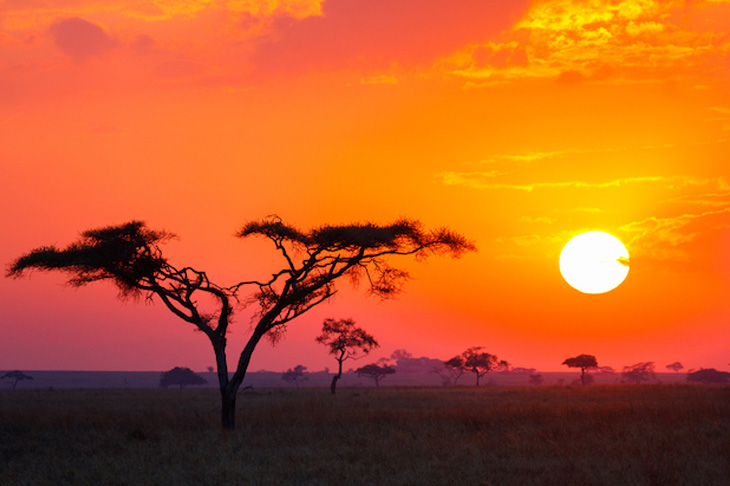
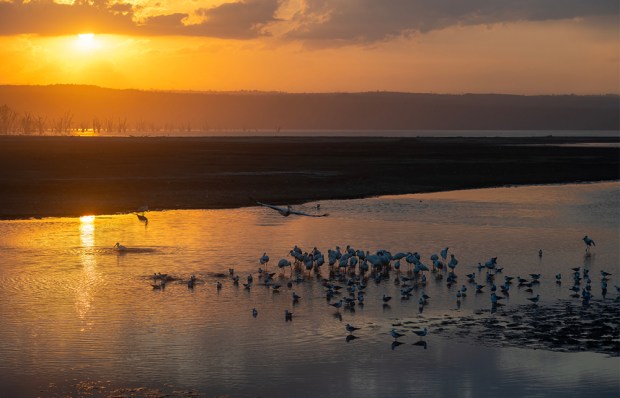

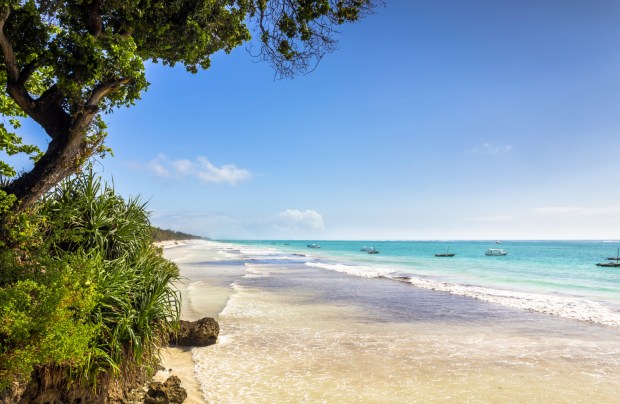
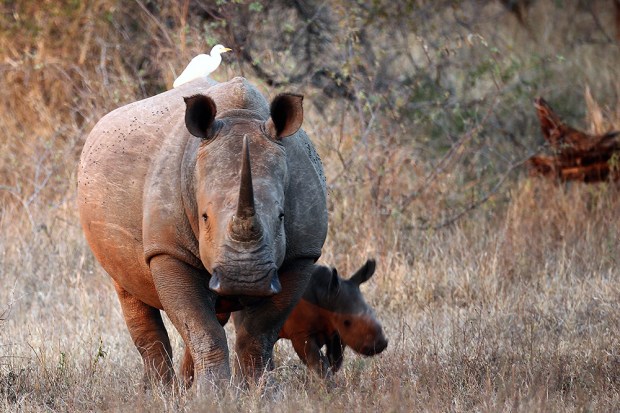
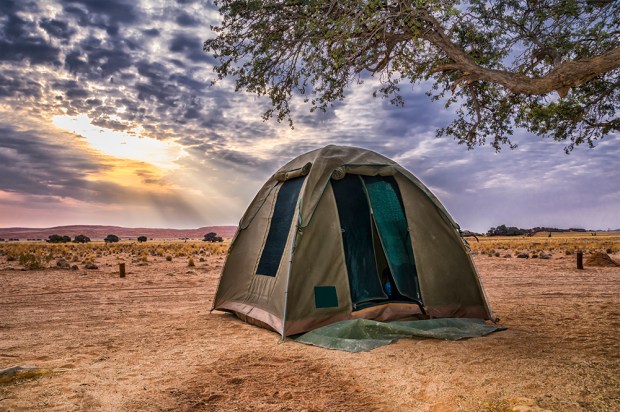







Comments
Don't miss out
Join the conversation with other Spectator Australia readers. Subscribe to leave a comment.
SUBSCRIBEAlready a subscriber? Log in